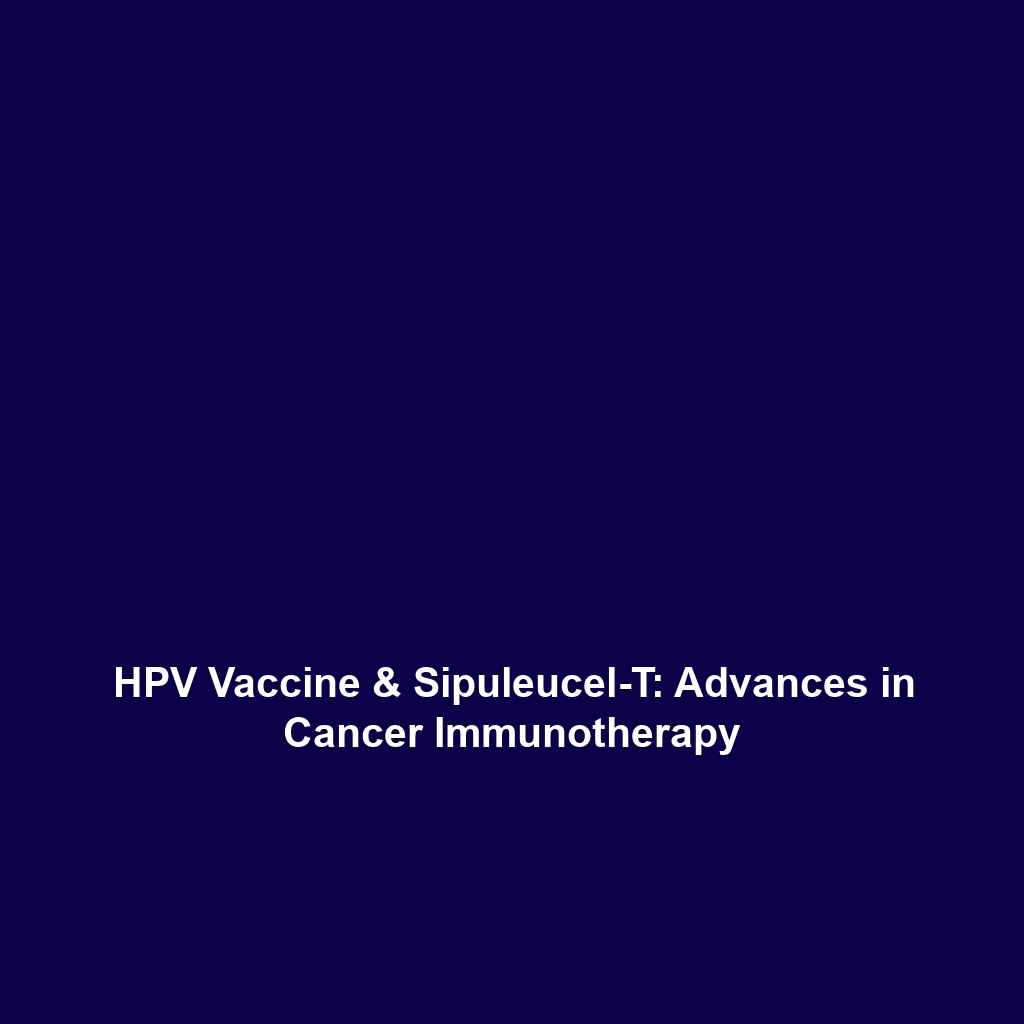Immune-Related Adverse Events (irAEs): The Unique Side Effects of Stimulating the Immune System
Immune-Related Adverse Events (irAEs) are a critical aspect of cancer treatment through immunotherapy. As we harness the body’s immune system to combat cancer cells, the stimulation of immune responses can inadvertently trigger unique side effects. Understanding irAEs is vital for healthcare providers and patients alike, as these events significantly impact treatment efficacy and patient well-being in the context of immunotherapy & cancer. This article delves into the significance and implications of irAEs in cancer treatment, highlighting their complexities and the need for careful monitoring.
Understanding Immune-Related Adverse Events (irAEs)
Immune-Related Adverse Events (irAEs) refer to a variety of side effects that arise from the stimulation of the immune system. Unlike traditional therapies that often target cancer cells directly, immunotherapy activates the immune system to identify and destroy malignant cells. This systemic activation can lead to adverse effects in healthy tissues and organs, making understanding irAEs crucial for patient management.
Mechanisms of irAEs
The mechanisms behind irAEs are multifaceted, including:
- Autoimmunity: The immune system may mistakenly attack healthy tissues.
- Cytokine Release: Increased cytokine levels can provoke inflammation and tissue damage.
- Aberrant Immune Activation: T cells may become overly activated, leading to a generalized immune response.
Applications of irAEs in Immunotherapy & Cancer
Understanding irAEs enables healthcare providers to tailor immunotherapy treatments and manage potential side effects effectively. For example,
how immune-related adverse events (irAEs) are used in cancer treatment includes:
- Monitoring adverse reactions to improve patient outcomes.
- Enhancing the understanding of immune response dynamics in tumor progression.
- Developing predictive models for anticipating irAEs in patients undergoing treatment.
Current Challenges in Studying irAEs
The challenges of immune-related adverse events (irAEs) in immunotherapy & cancer include:
- Difficulties in diagnosing irAEs due to overlapping symptoms with cancer progression.
- Variability in patient response, making standardizations of management complex.
- Limited understanding of the long-term effects of irAEs on overall health.
Future Research and Innovations
Future research is geared towards improving our understanding of irAEs and minimizing their impact. Innovations include:
- Next-generation sequencing to predict patient susceptibility to irAEs.
- Development of biomarkers that can foresee adverse immune responses.
- Improved management strategies for mitigating side effects while maintaining treatment efficacy.
Conclusion
In summary, Immune-Related Adverse Events (irAEs) play a significant role in the realm of immunotherapy & cancer. Understanding these unique side effects is essential for optimizing treatment strategies and improving patient care. As research progresses, advancements in the management of irAEs will lead to improved outcomes for cancer patients. For more in-depth exploration, visit our articles on advanced immunotherapy and cancer management strategies.

